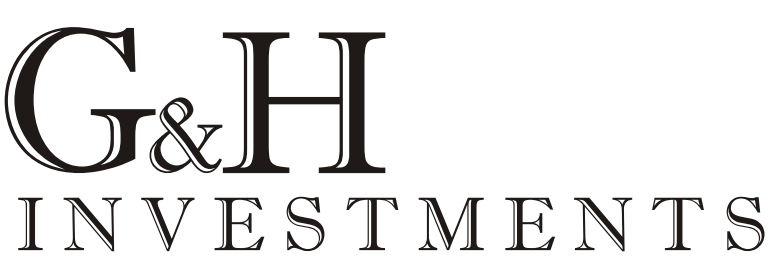Are you paying too much for financial advice?
There is an old story in investments concerning a potential client and a Wall Street broker anxious to impress him and win his business. The broker took the client to a nearby marina to show off his yacht and those of the other brokers who worked for his firm. The businessman looked down the line of beautiful craft and asked, “Where are the client’s yachts?” The broker didn’t have an answer.
The story comes from 1885, but not much has changed. It is not unusual for clients to pay 3% annual wrap fees on their accounts. There is no way an advisor is adding value after a 3% fee! Locally I have competitors that charge 1% on their client’s bond accounts. Considering that interest rates are so low that you need to invest out past 2017 to make 1%, the client is suffering a loss after fee on shorter term bond portfolios. Yet it continues to happen; clients do not pay attention to their management fees and broker charges, and end up making pitiful returns on huge amounts of risk. Simple steps can be taken to reduce the fees, and keep more of your returns.
William Sharpe authored a study that found if you had one aspect to choose an investment, it would be fees. Lower fees had better predictive power over future returns than past returns, risk, turnover and all the other statistics that we professionals study so hard (turnover was number two in the study). One would think that clients would be very aware of the fees, since the SEC requires fee disclosure. The information is easily attained, and simple to understand. Unfortunately, the clients do not spend enough time thinking about the fee’s impact on their future return. There is plenty of information concerning the effect of fees on investing. Vanguard.com is a great place to start.
What are reasonable fees? One needs to consider the type of investment and the potential long term return, and then work backwards to determine the appropriate amount of fees. Money funds, for example, pay 0.01% in today’s low interest rate environment. The appropriate fee on cash invested in a money fund is 0%. Anything higher results in a negative fee. For bonds, my research found that the fee has to be 0.25% or lower. And my studies were done in the 1990’s, when rates were much higher than they are today. For stocks, stock funds, international, emerging markets and hedge funds, the potential returns are higher so the fees can be higher. I like fees below 0.75% on US equities. They can be a little higher on international and emerging markets. For hedge funds, which charge notoriously high fees, I would suggest that the entire industry needs to lower their fees to add value for the risk they are taking.
What is the solution? For do-it-yourselfers, Vanguard, discount brokers and indexing are solid alternatives. For those individuals that need an advisor, the answer is in a lot of legwork. Interview several advisors and pin them down on their fees. Don’t forget to ask about the fees charged by the products they sell, such as the mutual funds they use. You want to have a clear handle on the total fees charged for their management. Compare the fees of the advisors, and the fee suggestions I listed above. Walk away from advisors that charge too much; there are plenty of great advisors who deliver excellent advice for a fair fee.
